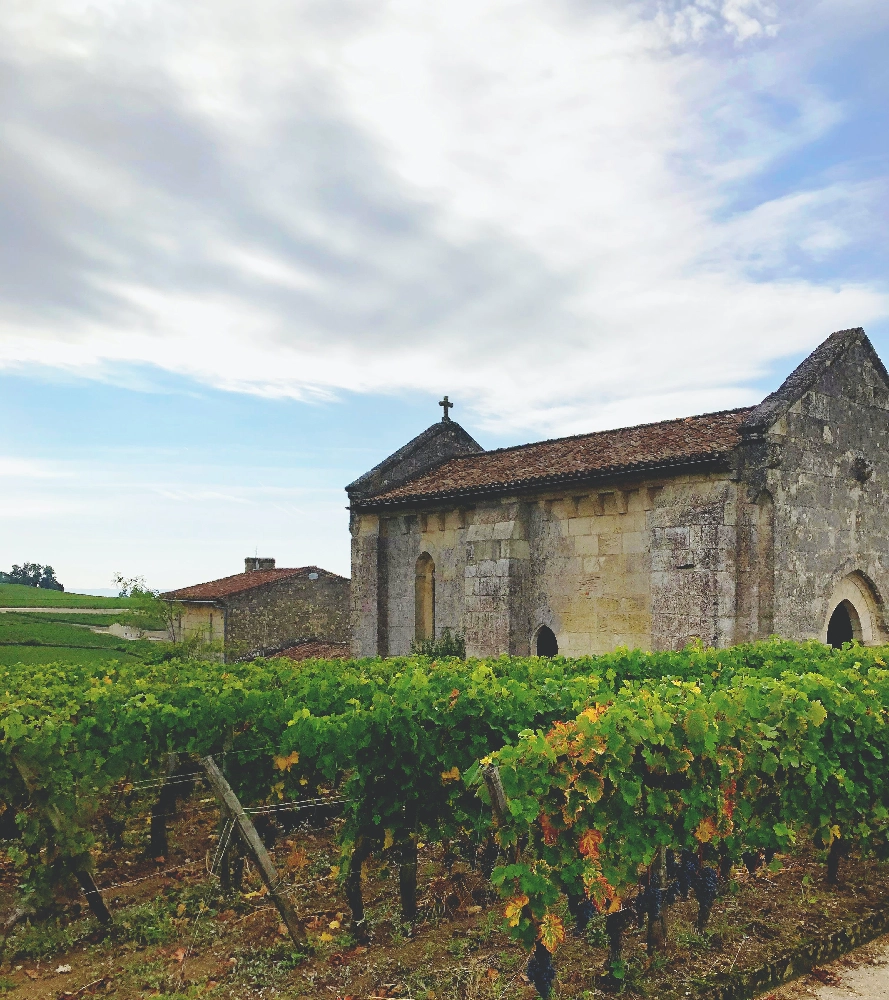
Coteaux du Layon 'Beaulieu-sur-Layon' Wineries & Wines Stats
Wineries
3
Wines
11
A Historical Perspective on the Significance of Coteaux du Layon 'Beaulieu-sur-Layon' in Winemaking: From Ancient Times to Modern Epoch
Introduction Coteaux du Layon 'Beaulieu-sur-Layon', located in the Loire Valley, France, is a renowned wine region with a rich history dating back thousands of years. This review delves into the historical significance of this area, focusing on its vine cultivation practices, grape varieties, and food pairings throughout the ages.
Ancient Times (5th Century BC - 5th Century AD) The first records of grape cultivation in Coteaux du Layon date back to ancient Celtic and Gallo-Roman civilizations. The region's favorable geographical location, with its sunny slopes and proximity to the Loire River, made it an ideal place for wine production. Ancient texts describe the area as being famous for its high-quality wines, which were highly valued for religious and festive occasions.
Middle Ages (6th - 15th Century) During the Middle Ages, Coteaux du Layon became an essential source of revenue for local monasteries and abbeys. Monks cultivated and produced wines using traditional methods, which were then sold to support their communities. The monks also experimented with different grape varieties and winemaking techniques, contributing significantly to the region's viticulture development.
Early Modern Period (16th - 18th Century) The Early Modern Period saw a boom in wine trade, with Coteaux du Layon wines being exported throughout Europe. The region became renowned for its sweet white wines, which were made using the 'noble rot' technique (Botrytis cinerea). This period also marked the beginning of formal wine classification and appellation systems in France, with Coteaux du Layon 'Beaulieu-sur-Layon' earning a distinguished place among them.
Modern Era (19th - 20th Century) The Modern Era brought significant advancements in winemaking technology and practices. The phylloxera epidemic in the late 19th century forced vineyards to be replanted using American rootstocks, which helped save the region's wine industry. In the 20th century, innovations in viticulture and vinification techniques led to improvements in wine quality and consistency.
Grape Varieties and Food Pairings Throughout history, Coteaux du Layon 'Beaulieu-sur-Layon' has been known for its sweet white wines made primarily from Chenin Blanc grapes. These wines exhibit distinctive characteristics such as high acidity, minerality, and complexity. The region's food pairings have traditionally included rich, savory dishes like pork sausages, goat cheese, and roasted poultry. However, the versatility of Coteaux du Layon wines allows them to be paired with a wide range of foods, from seafood to desserts.
Conclusion Coteaux du Layon 'Beaulieu-sur-Layon' has played an integral role in winemaking history for thousands of years. Its rich cultural heritage, unique grape varieties, and distinctive wines have captivated people throughout the ages. As we move forward into the future, the region continues to evolve while maintaining its deep connections to the past.
